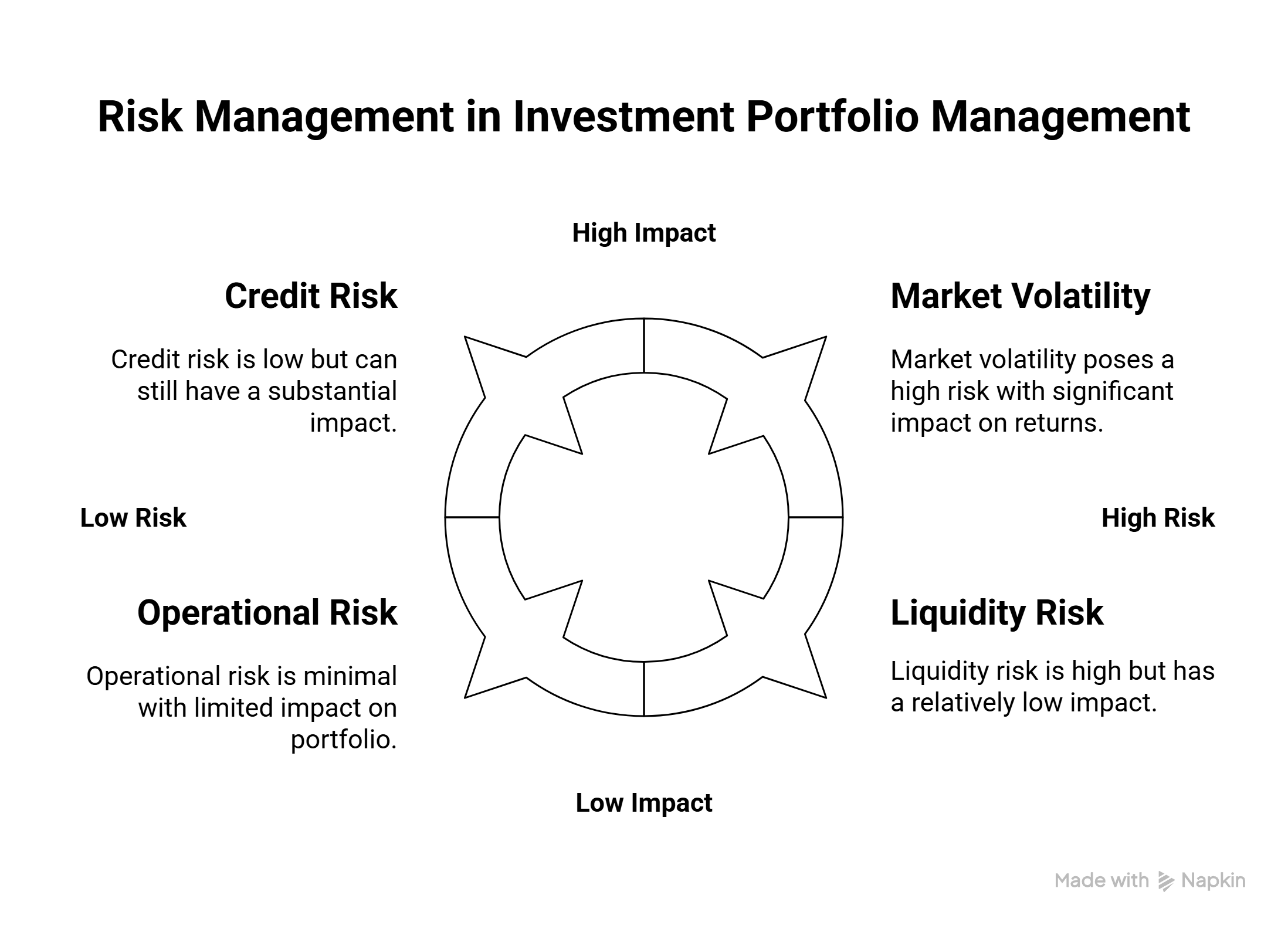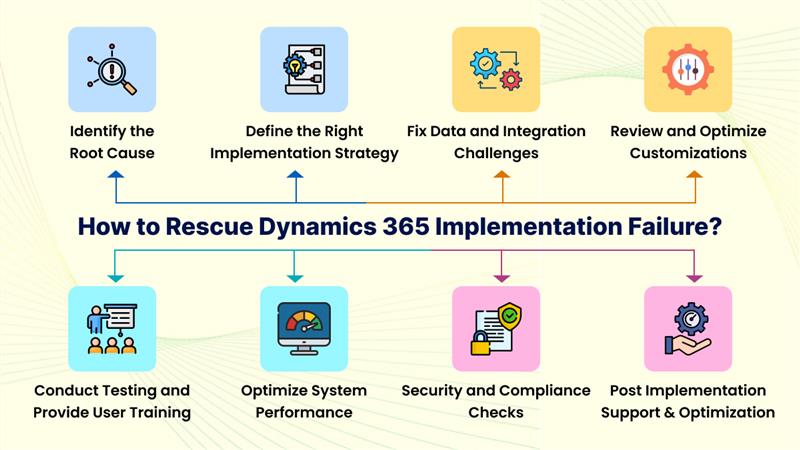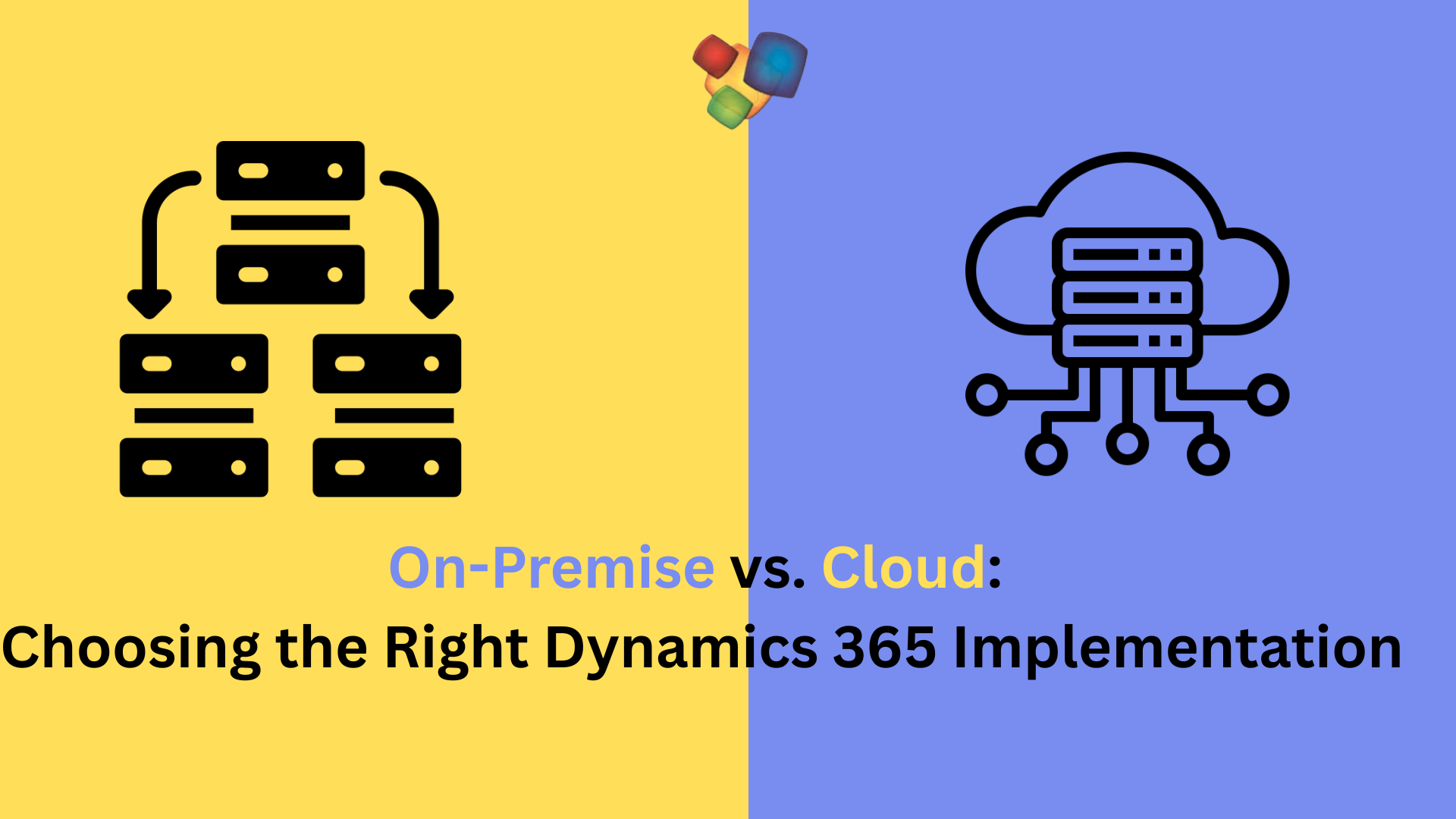 DA 70+ Guest Post Placements – Elite Authority at Your Fingertips!
DA 70+ Guest Post Placements – Elite Authority at Your Fingertips!
Budget Blueprint: 7 Drivers of Your Dynamics 365 Implementation Cost
Written by DynamicNetsoft » Updated on: July 18th, 2025 21 views

Introduction
Implementing Microsoft Dynamics 365 is a powerful move for any business looking to modernize operations, improve customer engagement, and drive growth. But if you’re not careful, the Dynamics 365 implementation cost can escalate quickly, especially without clear visibility into the major factors driving that cost.
Whether you're a mid-sized business or a global enterprise, knowing what affects the bottom line can help you plan, prioritize, and choose the right Dynamics 365 implementation partner. In this article, we’ll break down the 7 core factors that influence Dynamics 365 implementation cost, with practical insights on how to manage each one for a successful, budget-friendly rollout.
1. Data Migration Complexity
Data is the foundation of your new system, and it’s rarely clean or complete. The complexity of your data migration plays a massive role in the final Dynamics 365 implementation cost. Consider the following:
Number of sources: Migrating from a single legacy ERP is far simpler than pulling data from multiple systems, spreadsheets, and disconnected platforms.
Data quality: If your data contains duplicates, formatting issues, or inconsistencies, it will need to be cleansed and standardized before it can be imported.
Historical vs active data: Deciding whether to migrate years of historical transactions or just start fresh with opening balances affects both time and cost.
A reputable Dynamics 365 implementation partner will perform a data audit early in the project to estimate the effort and help you determine what’s essential to bring over.
2. Number of Users & Licensing Strategy
Licensing is often underestimated when planning ERP budgets. Microsoft offers various types of licenses for Dynamics 365, such as:
Full Users (Sales, Customer Service, Finance, etc.)
Team Members (limited access for basic use)
Device licenses (for shared terminals in warehouses or factories)
The number of users and, more importantly, the type of access they need, will directly affect your recurring and upfront costs.
To optimize your Dynamics 365 implementation cost, you should:
Conduct a role-based access audit
Choose license types based on actual use cases
Review license needs quarterly to avoid overspending
A good Dynamics 365 implementation partner can help you balance license tiers and avoid unnecessary costs while ensuring compliance with Microsoft’s policies.
3. Customizations Needed
One of the biggest advantages of Dynamics 365 is its flexibility. However, the more customizations you need, the higher the implementation cost.
Common customizations include:
Custom entities and fields to reflect your unique business data
Automated workflows using Power Automate
Personalized dashboards or branded portals
Industry-specific functionality not available out of the box
While small tweaks might be low-cost, heavy customization, especially when building custom extensions or using the Power Platform, requires additional development, testing, and documentation. Your Dynamics 365 implementation partner should help you prioritize "must-have" features and recommend phased rollouts to control cost.
4. Third-Party Integrations
If your Dynamics 365 solution needs to connect with third-party applications, such as email platforms, payment gateways, or industry-specific tools, be prepared to allocate budget toward integration efforts.
Integrations often include:
API setup and testing
Middleware configurations
Custom data mappings
Error handling and alerts
While Microsoft offers many pre-built connectors (e.g., for Office 365, SharePoint, and Outlook), integrating custom or niche systems will require more effort. Bi-directional, real-time integrations are especially complex and can significantly impact the overall Dynamics 365 implementation cost.
5. Industry-Specific Compliance Requirements
Regulatory compliance is non-negotiable for industries like healthcare, finance, real estate, and manufacturing. Depending on your region and sector, you may need to meet standards such as:
GDPR (General Data Protection Regulation)
HIPAA (Health Insurance Portability and Accountability Act)
SOX (Sarbanes–Oxley Act)
FTA compliance in the UAE, or other tax regulations
Ensuring that your Dynamics 365 environment meets these requirements adds configuration, documentation, and review time. A specialized Dynamics 365 implementation partner will be familiar with these mandates and can help configure roles, security, and audit logs to keep you compliant.
6. Project Timeline and Delivery Model
Your timeline has a direct impact on the budget. A rapid, three-month rollout may require more consultants, higher day rates, and less time for internal review, ultimately raising the cost. A longer, phased implementation (e.g., 9–12 months) can spread out the budget but may increase project management and overhead costs.
Other timeline factors include:
Resource availability (internal and partner-side)
Seasonal business cycles (some phases may need to wait)
Go-live dependencies (such as financial year or tax deadlines)
The implementation approach, Agile vs Waterfall, also matters. A good Dynamics 365 implementation partner will recommend a delivery model that matches your business readiness, helping you avoid cost spikes and delays.
7. Training & Change Management
Even the most well-implemented system fails without proper user adoption. Training and change management are often underfunded, but they’re critical to ensuring ROI.
Typical training costs include:
End-user training sessions
Admin and super-user workshops
Creation of manuals, guides, and SOPs
Change management communications (emails, town halls, etc.)
A skilled Dynamics 365 implementation partner will help you plan an adoption strategy that includes both structured training and embedded support, like in-app guides or knowledge bases.
Investing here can help reduce helpdesk calls post go-live and shorten the time to full system usage.
Conclusion
Understanding the true Dynamics 365 implementation cost requires more than a license quote or consulting rate—it involves a full picture of your business needs, compliance requirements, integration complexity, and training strategy.
These seven key cost drivers, from data migration to user adoption, are essential to building an accurate project budget. Choosing the right Dynamics 365 implementation partner is just as critical. The right partner can help you optimize licensing, plan for the unexpected, and implement with precision.
If you're planning a Dynamics 365 rollout, don't leave your budget to guesswork. Work with an experienced partner who understands your industry and can deliver a cost-effective, future-ready solution.
Let me know if you'd like this formatted as a Word doc, posted on your CMS, or converted into a second unique version.
Ask ChatGPT
Note: IndiBlogHub features both user-submitted and editorial content. We do not verify third-party contributions. Read our Disclaimer and Privacy Policyfor details.
Copyright © 2019-2025 IndiBlogHub.com. All rights reserved. Hosted on DigitalOcean for fast, reliable performance.




![What’s New in Dynamics 365 Implementation? [2025 Update Overview]](https://indibloghub.com/public/images/courses/686d1a9112af2552_1751980689.jpg)











